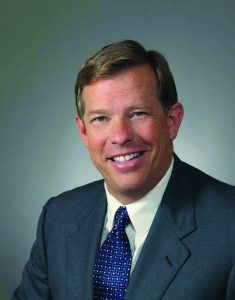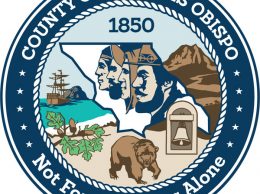Charities limited when it comes to election campaigns

Mike Schley
By Mike Schley
With the election looming, many charities sincerely believe that a President Clinton or Trump (as the case may be) would be the enemy of fundamental goals the charity promotes.
This is America, and free speech is a fundamental right, so charities can weigh in with their own unique perspective on the campaign issues — right?
Not so.
A charity cannot support or oppose any candidate for public office. It is flatly prohibited. Breaking this rule can cause penalties and/or complete loss of exempt status. It does not matter whether the reasons for support or opposition are related to the mission of the charity.
Doesn’t a charity have a constitutional free speech right that permits it to intervene in public office campaigns? The courts have consistently said no.
The government provides tax breaks (mainly the privilege of tax-deductible donations) to charities and does not want to indirectly subsidize political action through the nonprofit sector.
Political action can take many forms. Clearly, a statement that the charity backs or opposes a candidate is prohibited action. How about inviting a candidate to speak at a charity event? This is prohibited if the effect is an endorsement. A speaking forum that invites the competing candidates to speak might be permissible but it must be done in a manner that shows no bias for or against a candidate.
What about statements limited to issues advocacy (the environment, immigration, etc.)? Even these can be prohibited candidate advocacy but it depends on the facts. IRS Rev. Rul. 2007-41 describes 21 hypothetical activities and whether they violate the rule. The release of an anti-nuclear-arms message during a campaign in which one candidate famously stands for or against nuclear weapons can be deemed illegal intervention in the campaign.
Individual leaders of nonprofits must be careful about disseminating statements related to a candidate. Individuals have a constitutional right to speak up for or against candidates for public office. But if they do so in a way that implies they are speaking for their charity, this is prohibited.
Legislative lobbying is treated differently.
A charity may use a limited amount of its resources for legislative advocacy. Publication of objective research relating to a legislative issue can be exempt from these limits, even if it includes a legislative recommendation, but it must be done within strict guidelines.
There are some complicated rules about what is permitted and what is not, and there is a special election (under IRC section 501(h)) a charity can make that creates a safe harbor for these activities. The safe harbor limits the amount of the charity’s budget that can support or oppose legislation and it requires careful recordkeeping and reporting to the IRS.
There is a “self defense” exception to the limits on legislative lobbying; it permits communications with legislators (but not the general public) regarding a bill that would affect the charity. There is also no limit on participation in administrative executive decisions, such as a public hearing on the future of a power plant.
This summary applies only to 501(c)(3) organizations (charities, churches and most nonprofits). It does not apply to other types of 501(c) tax exempt entities and it does not cover the special rules for private foundations.
But is it a good idea?
A charity cannot support or oppose a political candidate, but can engage in legislative lobbying, within limits. That it is permitted does not mean it is always wise.
Charities depend inherently on the good will of their donors, volunteers and the broader community. Any legislative lobbying may alienate a charity’s supporters with beliefs on the other side.
Donors might not want to give to a charity that spends a significant amount of its budget on legislative matters, preferring instead that the budget be spent on programs and services.
In short, if a charity wants to weigh in on political issues during this campaign season, I recommend a “stop and consider” approach. An ounce of preventive analysis might avoid a pound of subsequent regrets.
• Mike Schley, a partner at Schley Look Guthrie & Locker LLP in Santa Barbara, works with nonprofit entities.












